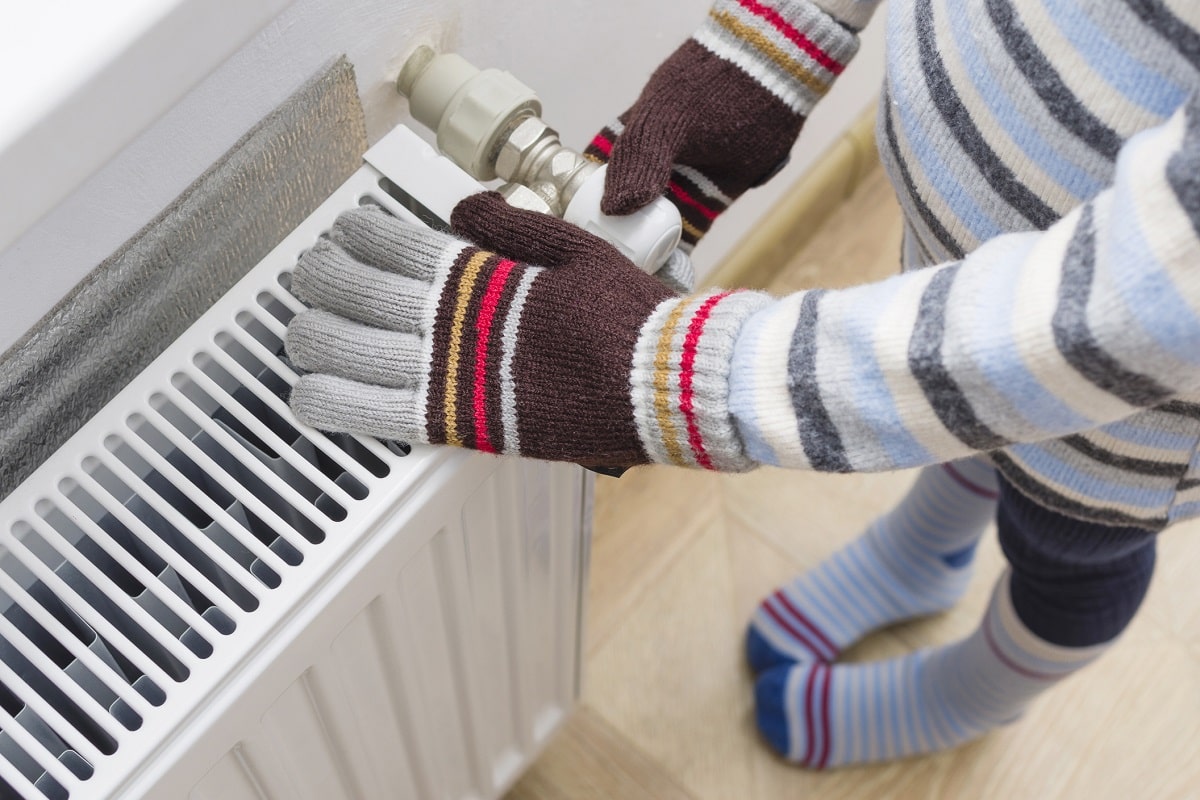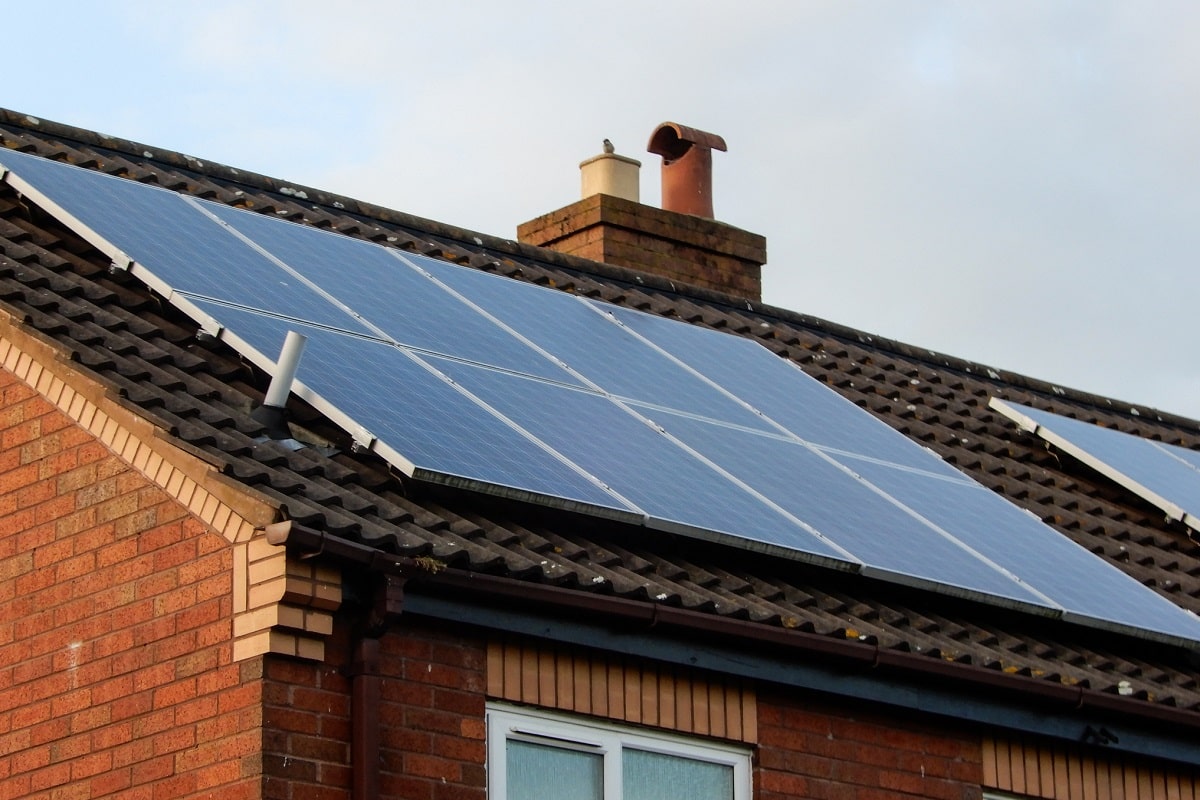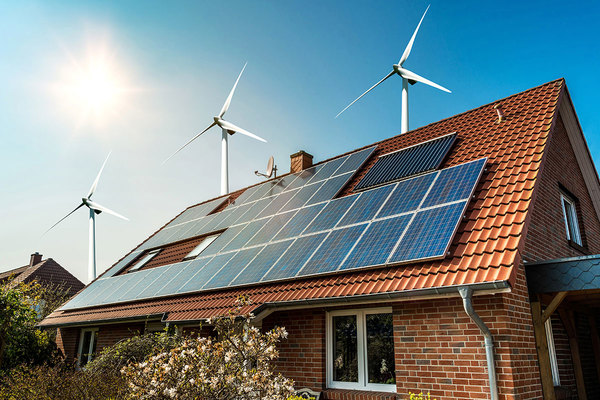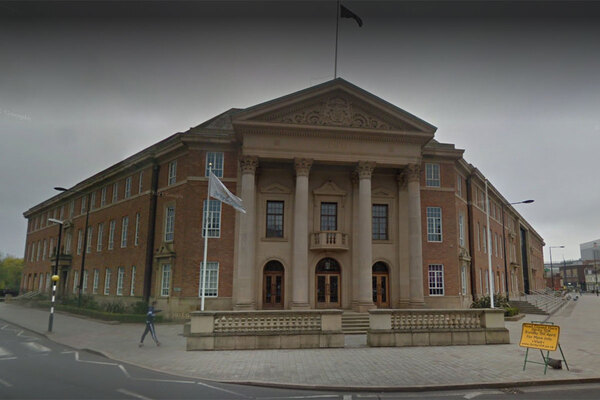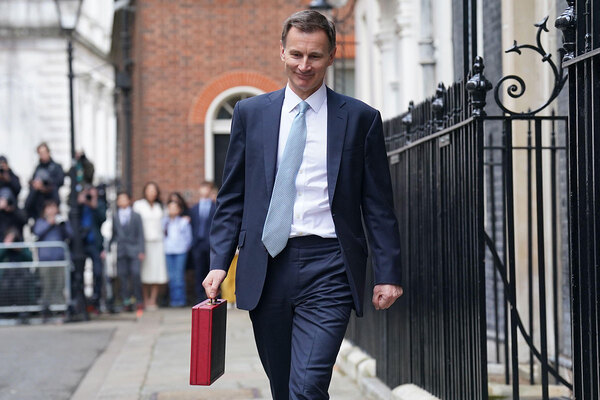You are viewing 1 of your 1 free articles
Scottish housing associations demand funding after fuel poverty increase
Scottish housing associations need additional government funding to deal with a sharp increase in fuel poverty, the Scottish Federation of Housing Associations (SFHA) has said.
A new definition the Scottish government is proposing to adopt would, it was revealed, result in the overall level of extreme fuel poverty in the country rising from 7% to 11.9%.
The figures were released following the Scottish Fuel Poverty Bill passing stage two at Holyrood. They record roughly the same level of fuel poverty across Scotland – 23.7% – but show a marked increase in the percentage of households in extreme fuel poverty.
The new definition also saw a significant rise in the percentage of social homes judged to be experiencing fuel poverty.
Whereas under the previous definition 170,000, or 27%, of social homes were fuel poor, the new definition records 245,000, or 39%, of social homes falling in that category.
Local authority and housing association homes overtook owner-occupied housing as the tenure with the highest percentage of homes in fuel poverty.
For the poorest households, those with incomes of less than £200 a week, levels of fuel poverty rose from 88% to 93% and extreme fuel poverty jumped from 39% to 67%.
Social landlords in Scotland are preparing to implement proposals from the Scottish government that would raise energy efficiency standards in social housing.
Government estimates show that the investment required for this would be around £6,000 per home, which the SFHA suggested would require assistance from the government.
Sally Thomas, chief executive of the SFHA, said: “Fuel poverty levels are already a huge concern for our members and to see increases under the new definitions is deeply worrying.
“It is vital that social landlords are eligible for grant assistance from the Scottish government to further enable investment in energy efficiency which will reduce bills and lower carbon emissions.
“Otherwise, there will continue to be financial pressure on low-income tenants at a time when they are already under strain from low-paid employment and the impact of changes to social security such as Universal Credit.”
South of the border, the Labour Party this week unveiled plans to provide funding for solar panels to be fitted to a million social homes in England, with free energy being provided to residents.

